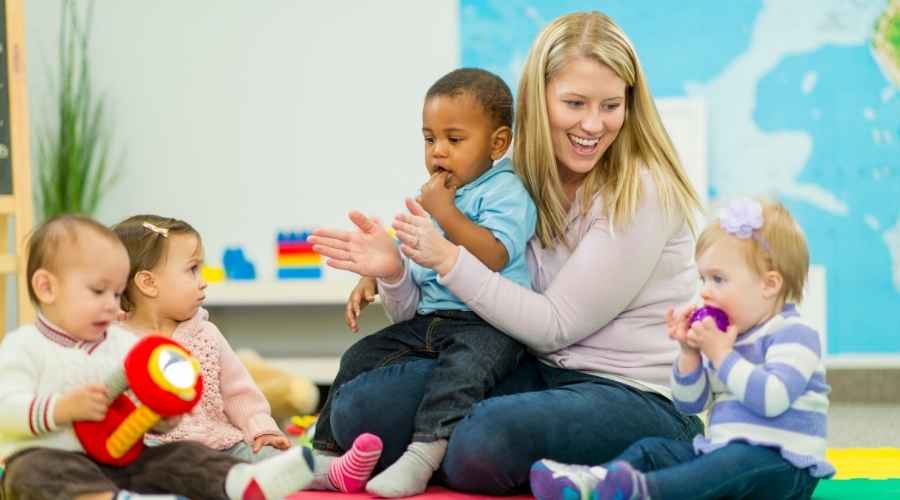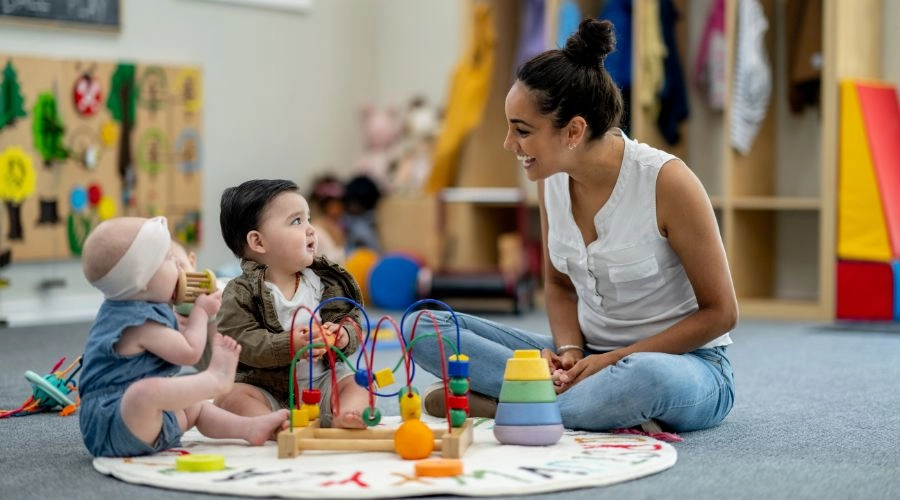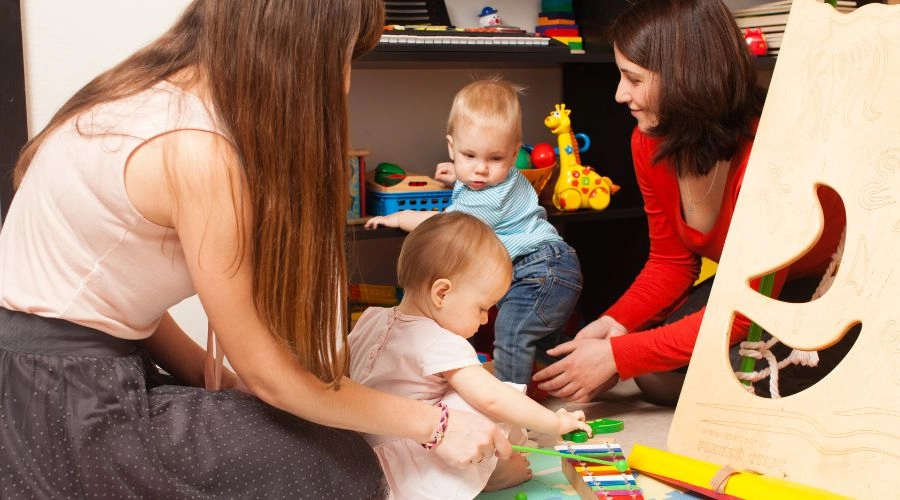A considerable aspect of people’s lives is their children’s schooling, and it can be challenging to choose which school to send your little one to. The types of schools are many, with different philosophies in each. One such school is a preschool or daycare for kids before kindergarten begins.
Preschools have become more prevalent over the past few decades, and today, approximately 40% of 3-year-olds attend preschool programs in North America. Daycares also differ from preschools, though they are often used interchangeably despite some fundamental differences that control how they are run and what they focus on.
Paramus, NJ, is a town with many daycare centers and preschools, and the difference between them can be confusing. It is recommended to explore these differences when looking for a school for your little one.
Costs & Expenses
Preschools in Paramus, NJ are usually cheaper, though they often require a child to enroll without fail; daycares can be expensive or inexpensive. Many of them accept kids on a drop-in basis, meaning they can be dropped off at the daycare but don’t have to attend every day. Because of this, one parent can bring their child to the daycare while the other parent works, providing both parents with employment opportunities.
Daycare usually charge lower fees than preschools because they cost less to operate and employ fewer staff, often paid at a lower rate than those employed by the center’s operator. Therefore, many daycares are run on a spot-fee (flat fee) system for their services, whereas preschools charge by week or month.
Role in Child Education
Both preschools and daycares provide care for young children, but they offer different educational opportunities to the children who attend. There are critical differences between the two in structure and methods used to educate young children.
Preschools focus on getting kids ready for school, whereas daycares focus on getting kids ready for kindergarten – so the curriculum is different between those two. There are also differences in the curriculum provided to each group of children, with preschools providing more play and social learning opportunities than daycare programs.
Daycares do not necessarily focus on routines or organized activities as they focus on providing care and emotional support. In contrast, preschools usually focus on a more structured routine that may involve activities like music and art classes taught by professional teachers.
Schedule
Daycares usually enroll children weekly, and the parent would be expected to bring their child or children during those days. These institutions have a more flexible routine that provides parents with the allowance to work around their own busy schedule.
Preschools are more rigid in their institutions and enrollment, often providing a set day and time that a child must attend preschool before they may drop them off when necessary.
Student-Teacher Interaction
Another main difference between preschools and daycares is how much interaction the children have with their teachers. When parents bring their kids to daycares, they are usually greeted by a staff member who will tell them where to go or what to do next. It can be advantageous for parents who may be busy at work and want their kids to be taken care of during the day.
On the other hand, preschools give parents more of a hands-on role – they engage with the children more often than childcare workers do. The advantage of this is that the child feels more connected to the parent. Still, one of the disadvantages of this is that it can be more challenging for a parent to work full-time and still be able to participate in their child’s education.
Conclusion
Preschools and daycares both serve the same function in that they are places where young children can go to be cared for during school hours. The differences are in the purposes of each and how they prepare children for school.
It is up to the parents to decide what type of education they want their child to receive: one that prepares them more fully for school or one that will be a little more flexible with schedules and allow parents to take a more hands-on approach.






